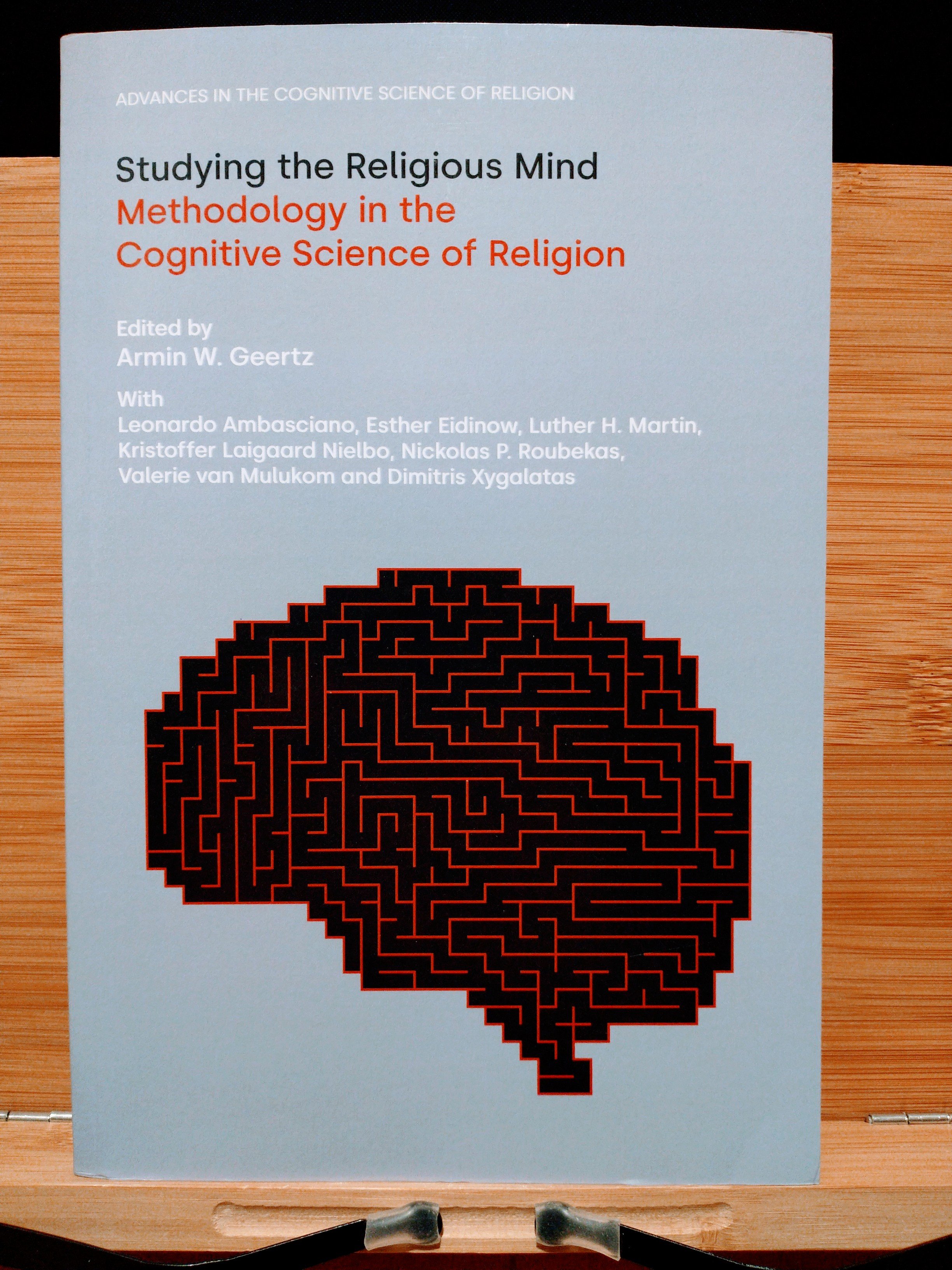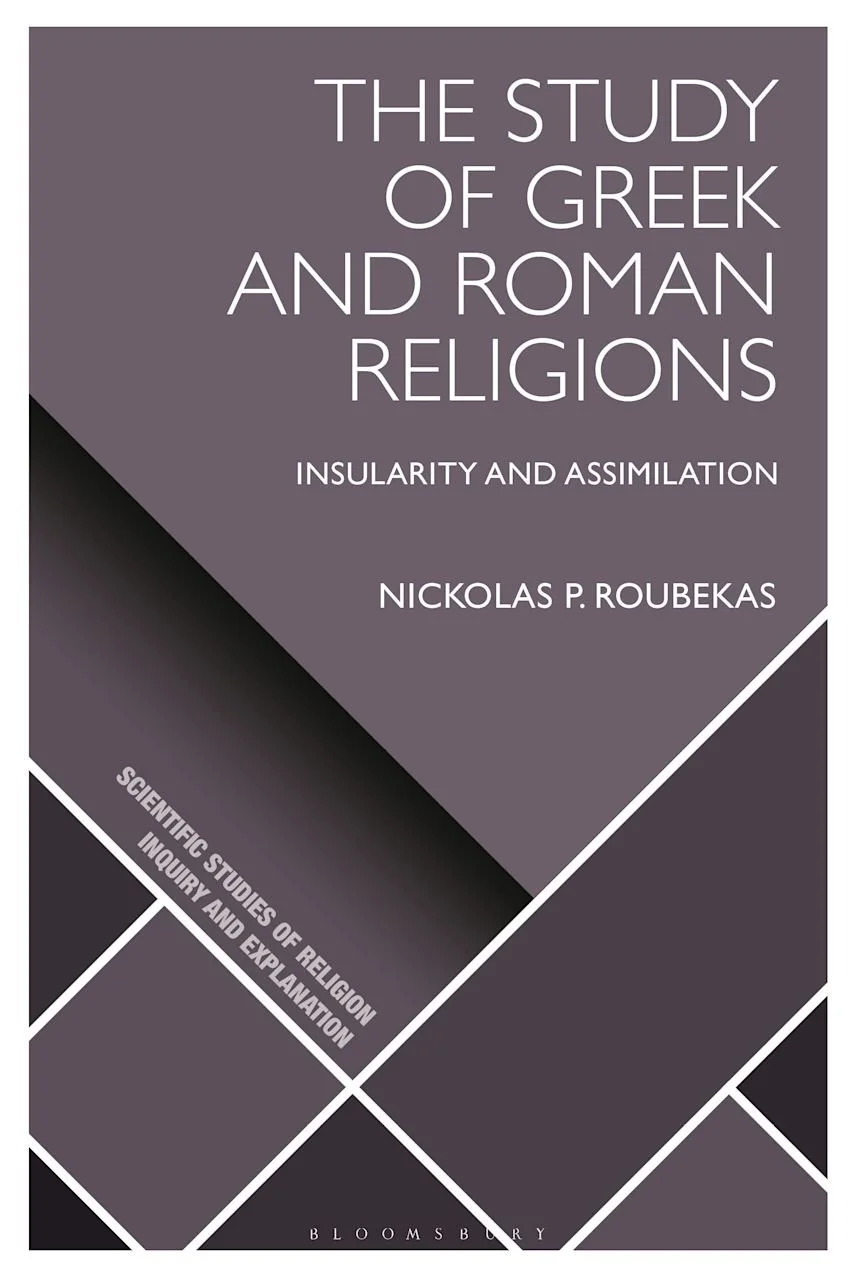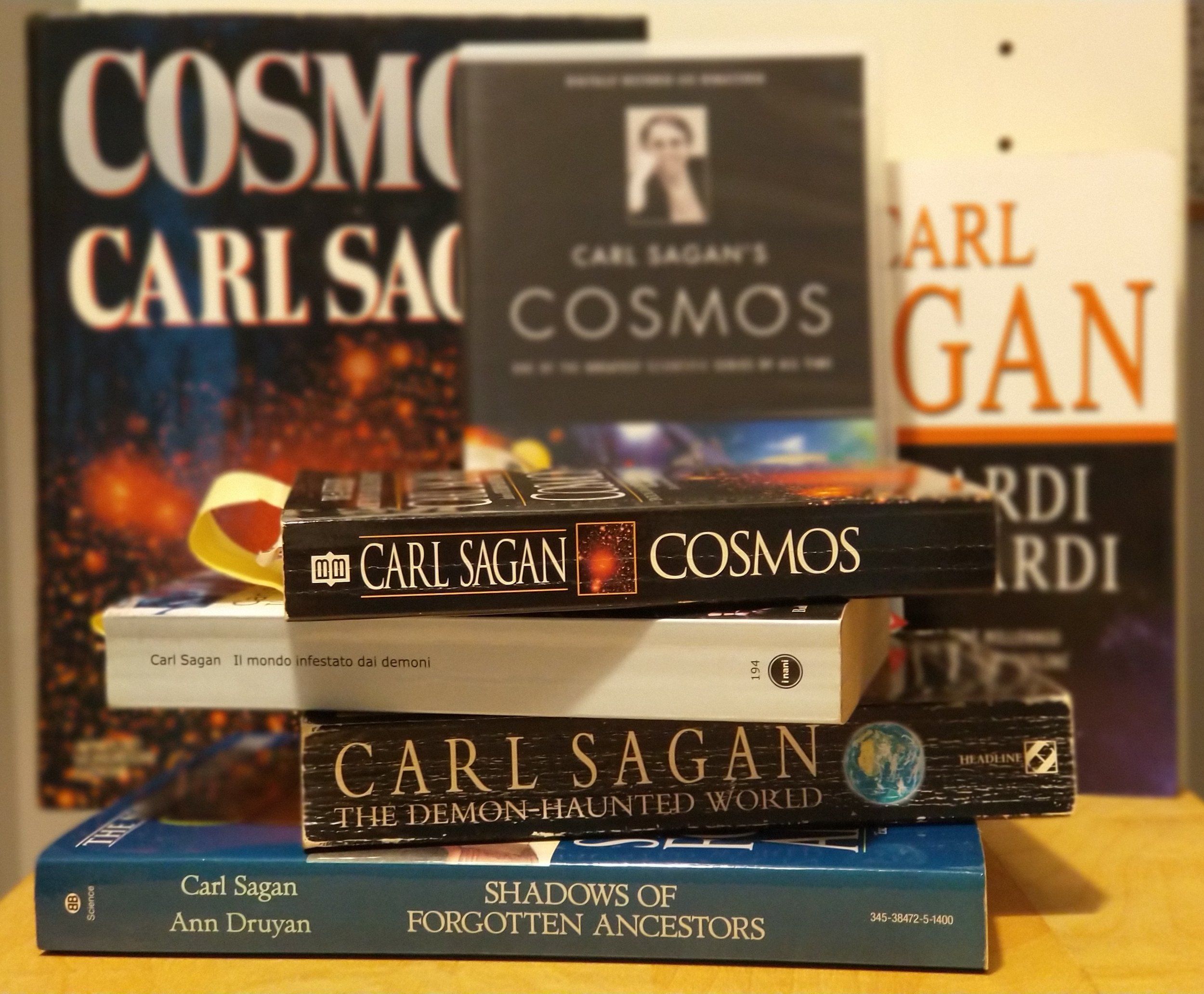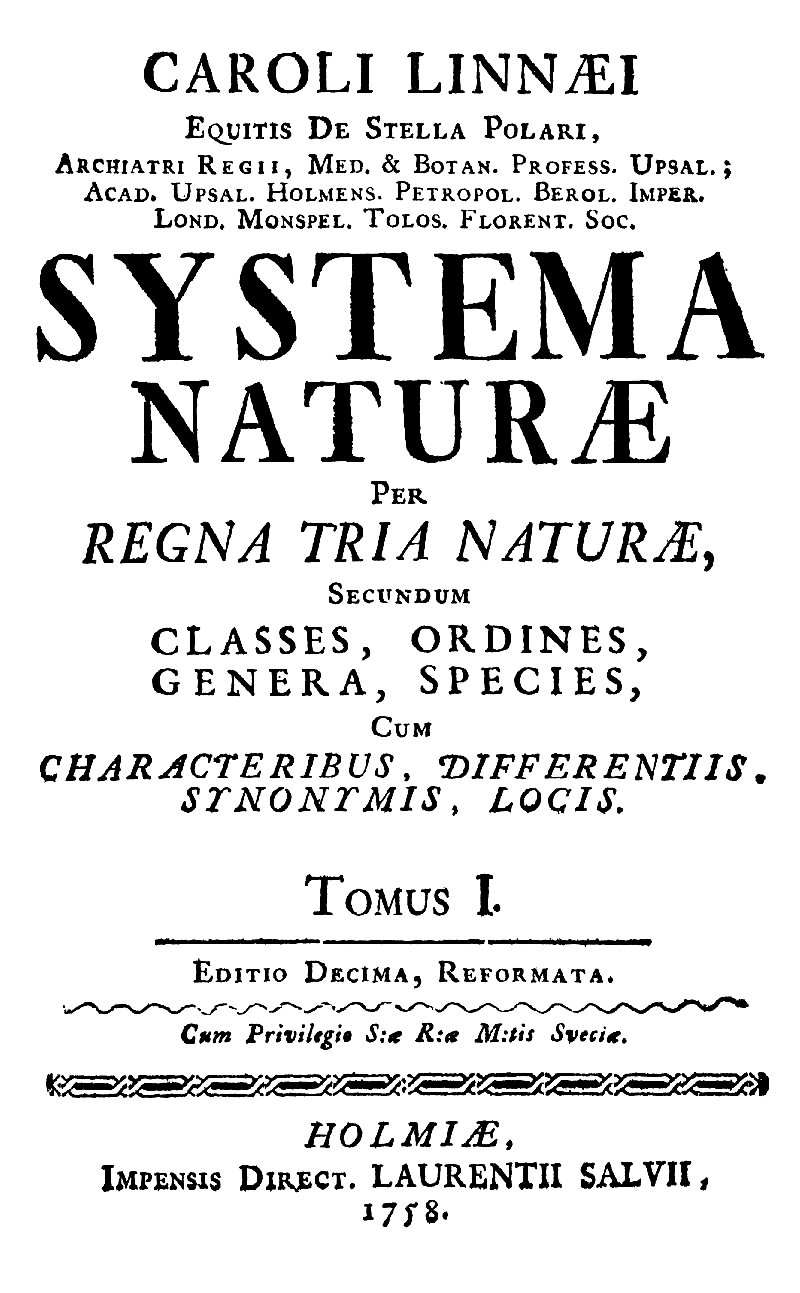While I am glad to know that in his review of “Studying the Religious Mind” G. D. Alles concurs with me that “post-truth and folk-historical thinking” need to be banished from our field(s), I have to confess my discomfiture for his critical remarks – which I found baffling for a series of reasons that need to be unpacked to be properly understood.
Read moreAd Philologum: A Reply to Gregory D. Alles
The cover of Studying the Religious Mind. SOURCE: personal collection. © Equinox.








